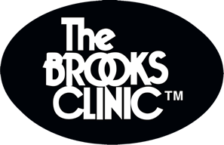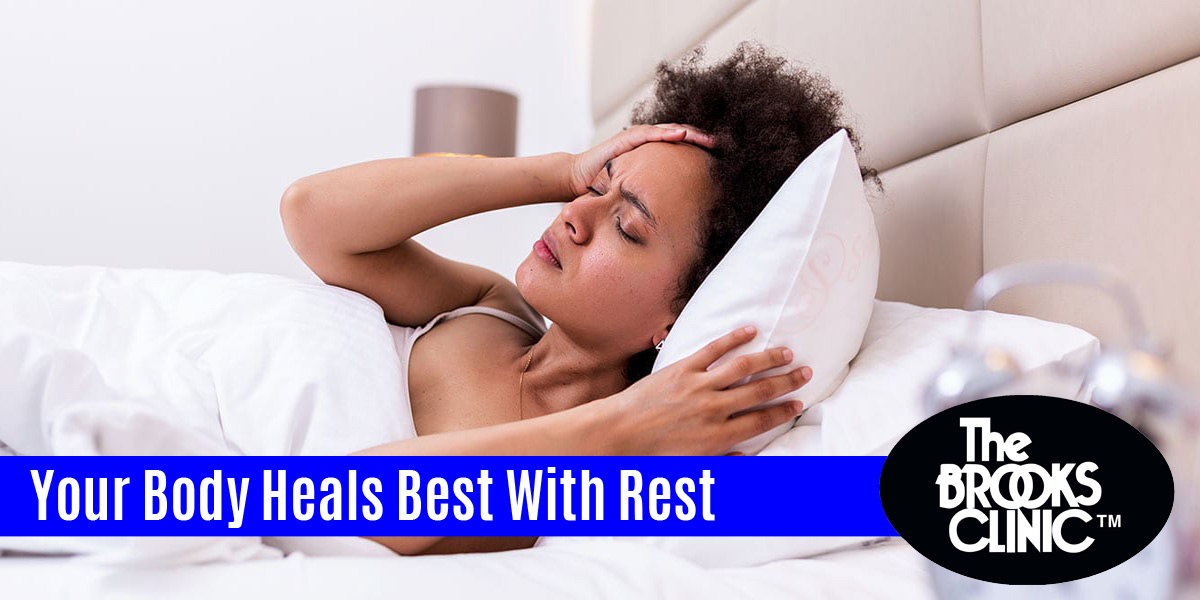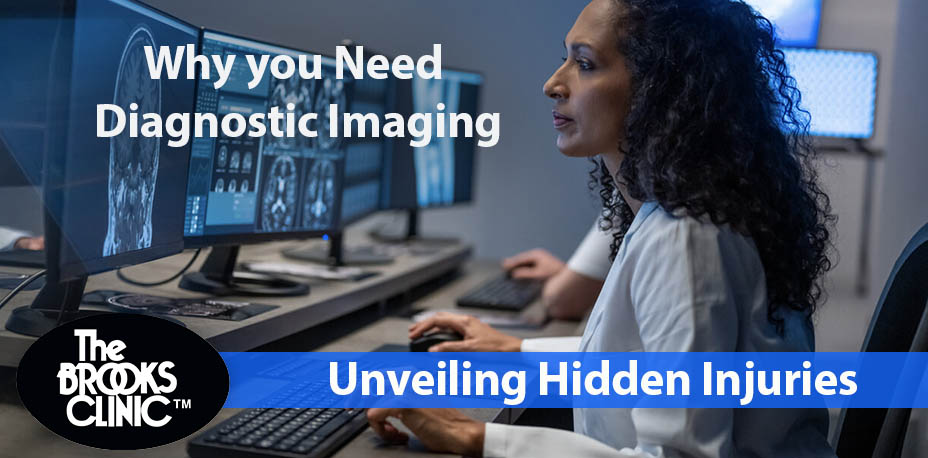Getting a good night’s sleep and preventing sleep issues is essential for our overall well-being – allowing our bodies to rest, heal, and recharge. However, experiencing an auto accident can disrupt our sleep patterns and lead to various sleep issues. If you’ve been involved in a car accident, it’s important to understand the potential impact it can have on your sleep. In this article, we will explore the common sleep issues that can arise after an auto accident and provide you with valuable insights on what you need to know. By gaining a better understanding of these sleep-related challenges, you can take steps towards improving your sleep and promoting a faster recovery.
Sleep Issues Resulting From Auto Accident
After an auto accident, it’s not uncommon to experience sleep issues as a result of the physical and emotional trauma. Here are some common sleep issues that individuals may encounter in a conversational yet informative tone:
- Insomnia: Insomnia refers to difficulty falling asleep, staying asleep, or experiencing non-restorative sleep. It can be caused by pain, anxiety, stress, or the psychological impact of the accident. Insomnia can lead to daytime fatigue, irritability, and difficulty concentrating.
- Nightmares and Flashbacks: Traumatic events like auto accidents can trigger nightmares and flashbacks during sleep. These vivid and distressing dreams may replay the accident or related events, causing sleep disruptions and emotional distress.
- Sleep Apnea: Sleep apnea is a sleep disorder characterized by pauses in breathing during sleep. It can be exacerbated by auto accidents due to the physical injuries sustained, such as facial trauma or changes in airway structure. Sleep apnea can cause loud snoring, daytime sleepiness, and poor sleep quality.
- Restless Leg Syndrome (RLS): RLS is characterized by an irresistible urge to move the legs, often accompanied by uncomfortable sensations. Auto accidents can lead to nerve damage or exacerbate existing RLS symptoms, making it difficult to fall asleep or stay asleep.
- Hypersomnia: Hypersomnia refers to excessive daytime sleepiness or prolonged periods of daytime drowsiness. It can be caused by physical injuries, medication side effects, or the emotional toll of the accident. Hypersomnia can interfere with daily activities and contribute to a disrupted sleep-wake cycle.
Ways To Fix Sleep Issues
- Talk With Your TBC Doctor. We understand your body is probably dealing with alot. You may feel fine during the day and have more pain when you lay down at night. There are medications that can help, along with a variety of therapies you can do at home. If you are in treatment, your doctor may need to adjust your treatments to give you more relaxing hours.
- Address Physical Discomfort: If pain or physical injuries are causing sleep disruptions, consult with your healthcare provider for appropriate pain management strategies. This may involve medication, physical therapy, chiropractic care, or other interventions tailored to your specific needs.
- Seek Emotional Support: If you’re struggling with anxiety, depression, or post-traumatic stress disorder (PTSD) following an auto accident, consider seeking professional help. Therapy or counseling can provide valuable tools to manage emotional distress and improve sleep quality.
- Create a Comfortable Sleep Environment: Ensure your sleep environment is conducive to restful sleep. Keep the room cool, dark, and quiet. Consider using earplugs, an eye mask, or white noise machines to minimize any disruptions that could interfere with your sleep.
- Practice Good Sleep Hygiene: Follow healthy sleep habits such as avoiding caffeine and stimulating activities close to bedtime, limiting exposure to electronic devices, and maintaining a regular sleep schedule. Creating a consistent sleep routine can help regulate your body’s internal clock.
- Consult a Sleep Specialist: If sleep issues persist or worsen, consider consulting a sleep specialist who can conduct a comprehensive evaluation and recommend targeted interventions. They may suggest therapies such as cognitive-behavioral therapy for insomnia (CBT-I) or recommend treatments for specific sleep disorders like sleep apnea.
Remember, everyone’s sleep needs and solutions may differ, so it’s important to find strategies that work best for you. By prioritizing healthy sleep habits, seeking appropriate treatment, and addressing both the physical and emotional aspects of your sleep issues, you can enhance your chances of achieving restful and restorative sleep after an auto accident.
Conclusion
Experiencing sleep issues after an auto accident is not uncommon, as the physical and emotional impact of the event can significantly disrupt our sleep patterns. However, it’s essential to address these sleep issues for our overall well-being and recovery. By understanding the various sleep problems that can arise, such as insomnia, nightmares, sleep apnea, restless leg syndrome, hypersomnia, and the emotional toll of anxiety and depression, we can take proactive steps to improve our sleep quality.
At The Brooks Clinic, our dedicated team is here to support you on your journey to better sleep and overall healing after an auto accident. Reach out to us to explore the personalized care and treatment options we offer. Remember, restful sleep is an essential part of the recovery process, and by prioritizing it, we can enhance our overall well-being and get back to living our lives to the fullest.




